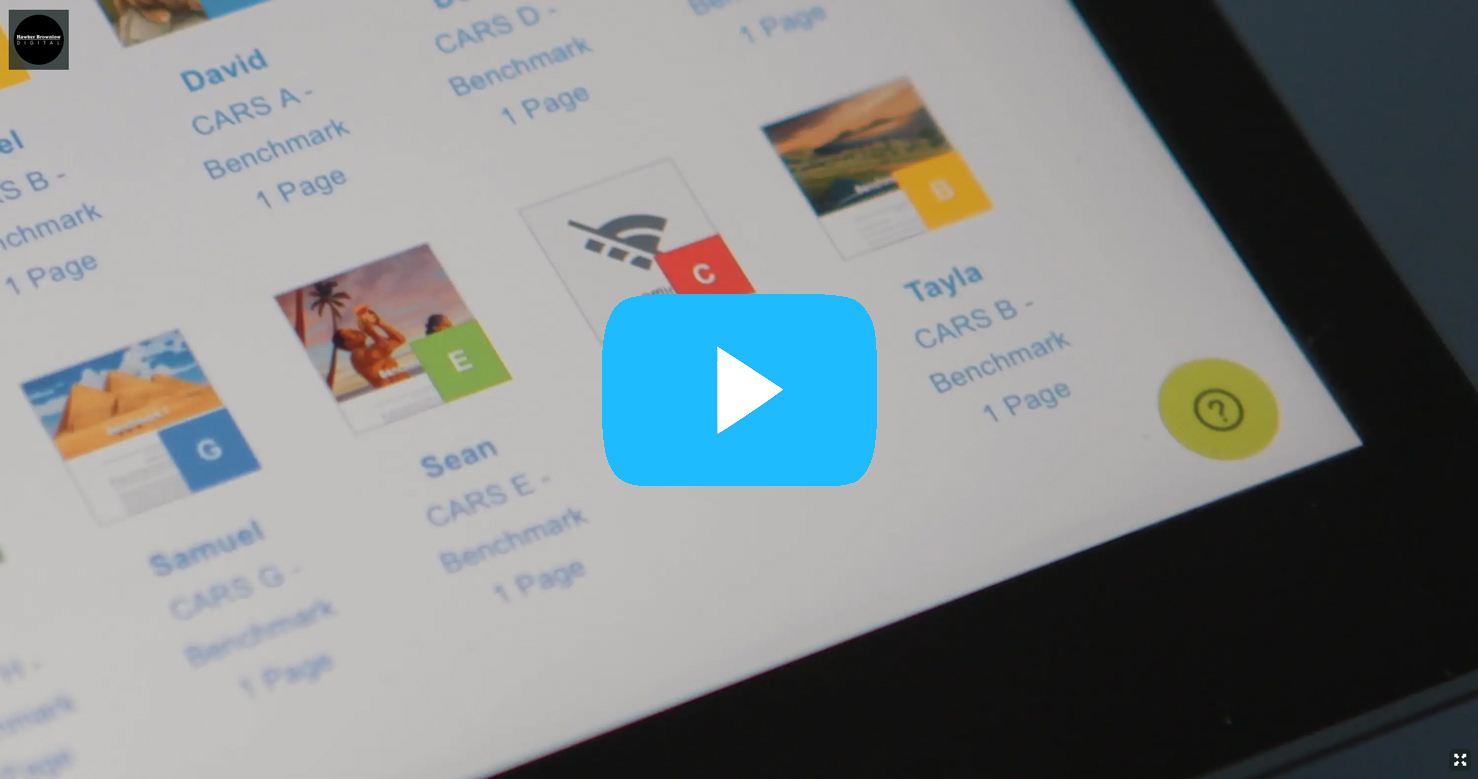If you’ve ever spent any time with children learning to talk then you know that making up words – whether they sound like real ones or not – is an important part of language formulation and growing up to be a proficient user of it.
What you might not know is that some people continue making up words well into adulthood. Famous authors like Lewis Carroll (of Alice in Wonderland) and Roald Dahl (Matilda, Charlie and the Chocolate Factory and many more) never lost their dexterity for playfully stretching the boundaries of language and coined many a new word in their classic works of literature. Who could ever forget the monstrous Jabberwock, or the snap of a tasty snozzcumber once they’ve heard these words?
Coining “fake words” is today regarded as a sign of intelligence, and a willingness to play with the rules to create something new with language. Far from being a sign of just not having learned the correct way of writing or speaking, these new words might indicate a profound dexterity of language use. After all, as a writer you only learn to break the rules and have fun in this way if you already know what the “right” words are!
What’s more, it can be quite lucrative, as we know from every example of a great new product name or company moniker.
Making up words can be a great way of getting the creative juices flowing. It can be a useful technique for those of us trying to overcome writer’s block. Thinking about language and meaning in this way can be a helpful approach for those who are stuck on something, as it necessarily entails looking at things in a new way. Often, this perspective is key to finding the right approach.
CARS & STARS Online also offers a unique approach to dealing with language and thinking about it in new ways. The twelve reading strategies that underpin CARS & STARS Online are primarily centred on helping readers not just to be able to read, but to be able to understand. As students progress through the lessons, they are repeatedly engaged with questions on these strategies that gauge how well they have understood the text they have read – and require them to think critically about it.
Each of the twelve questions requires students to engage with a different element of the text read and ascertain their understanding of it, from remembering details and the order in which they are presented in the text, to determining why they think the author wrote the text a certain way, and extrapolating meaning and further details that are not confined to the passage as read.
CARS & STARS Online has been designed to ensure that tomorrow’s readers can engage critically and informedly with texts they read, rather than simply proving they can accurately repeat them. From the simplest levels of the program to the most complex, CARS & STARS Online is all about emphasising understanding and the development of excellent reading comprehension skills. It’s a new approach to thinking about language, and a new way of teaching reading comprehension.
If you are interested in learning more about the CARS & STARS Online subscriptions and how they can help children to achieve better results, then sign up for a free trial to be an integral part of your child’s reading success.
































